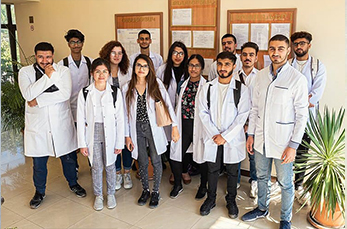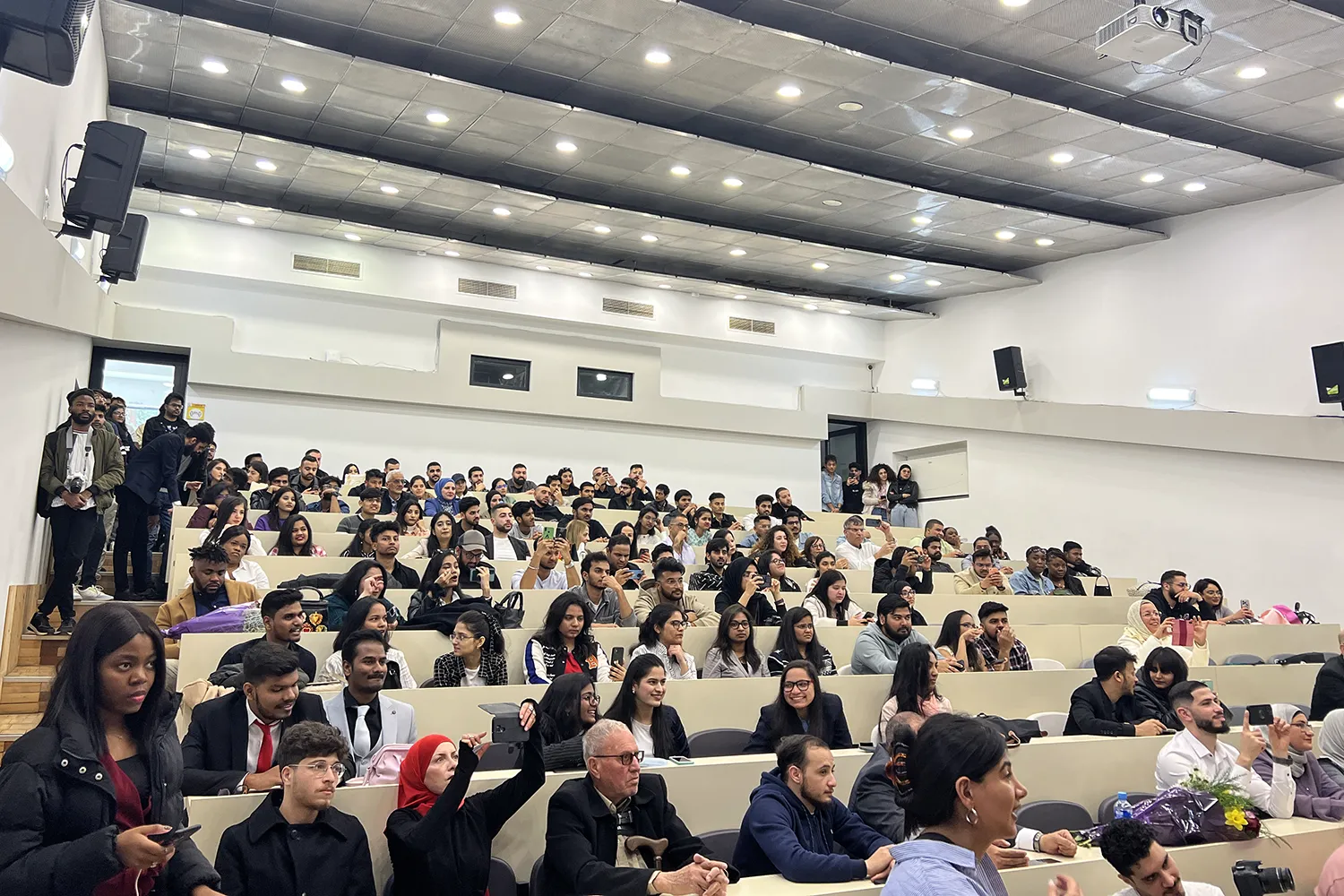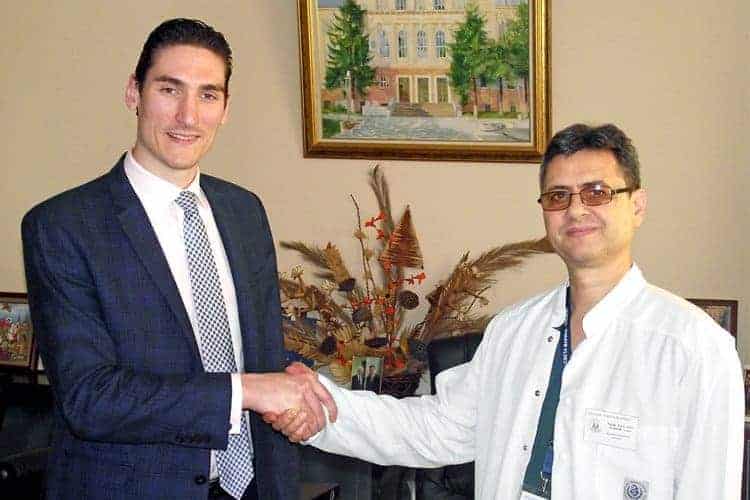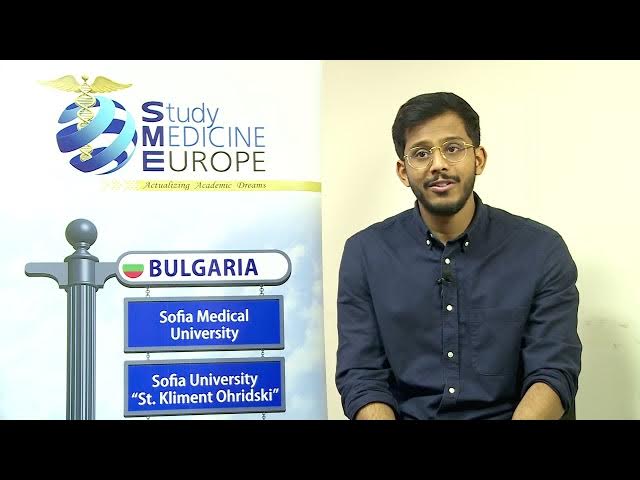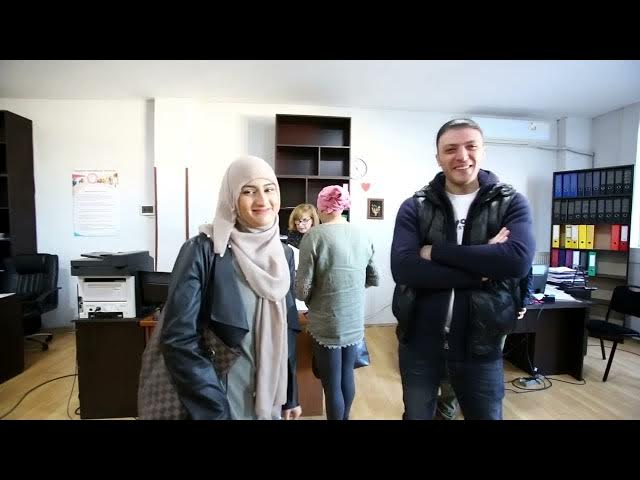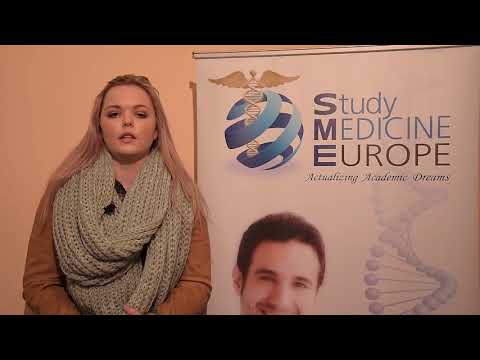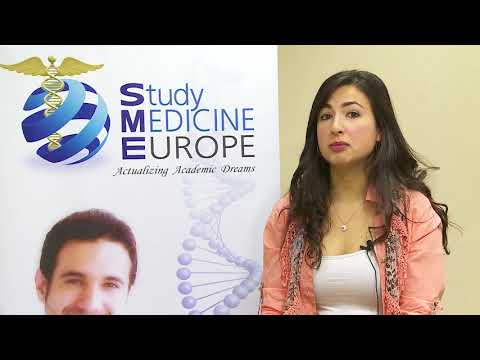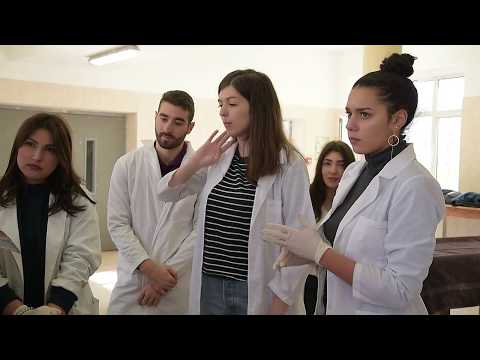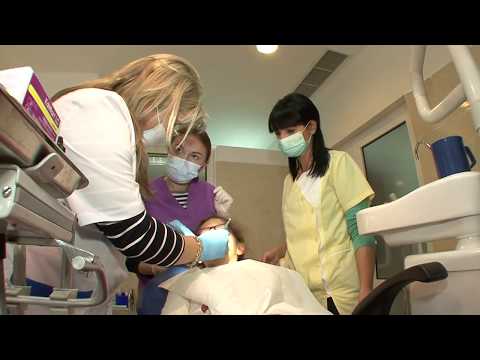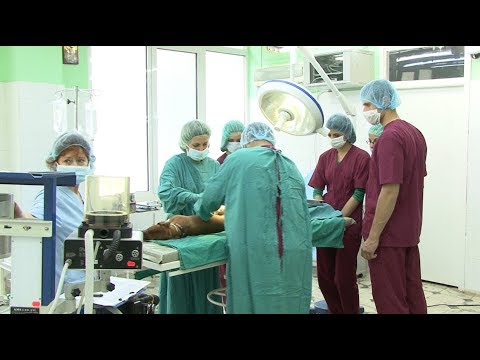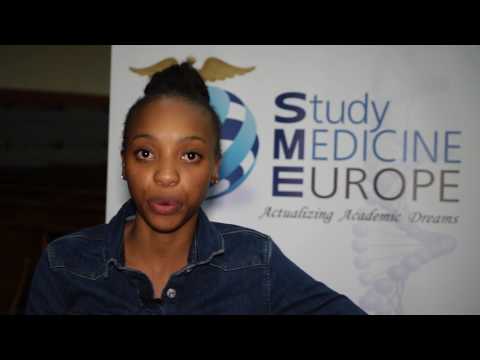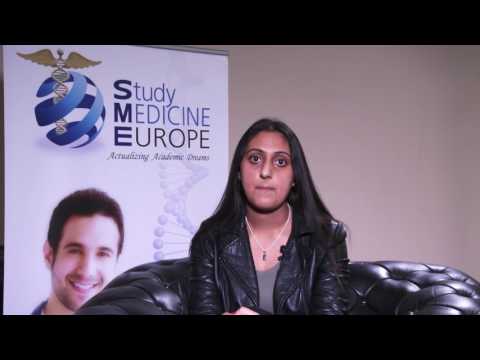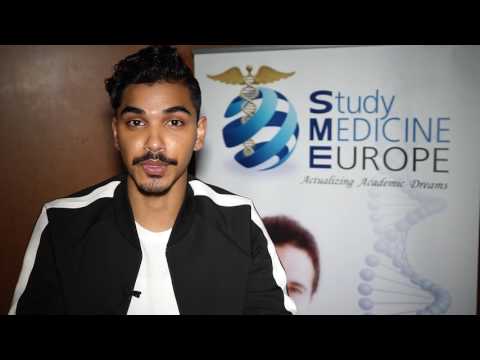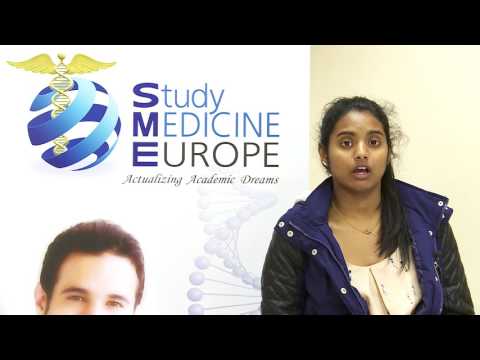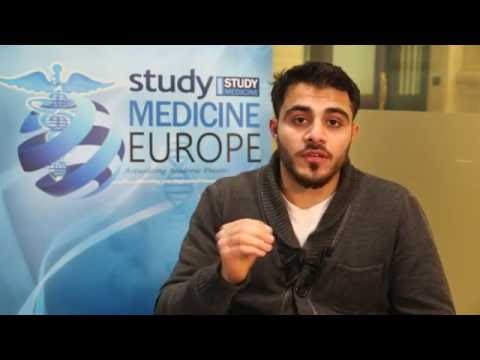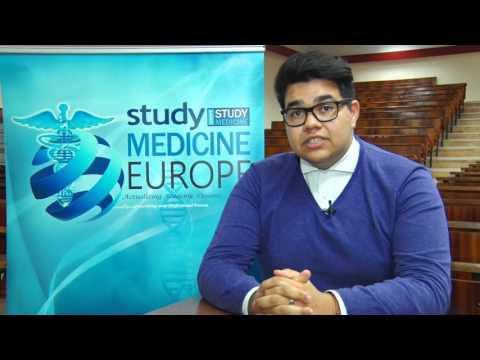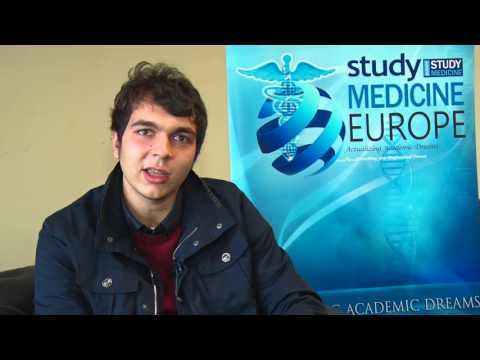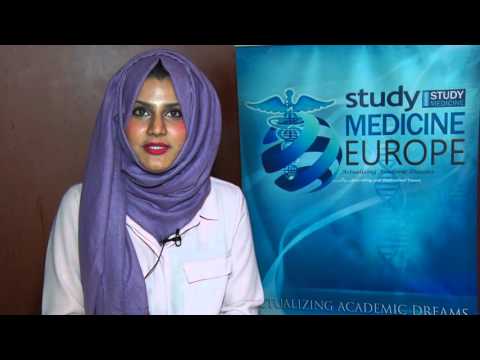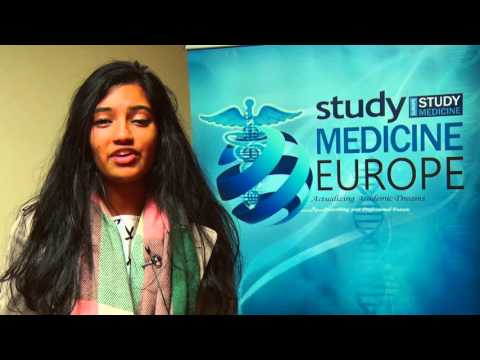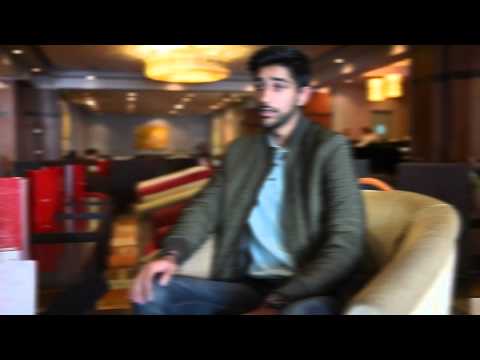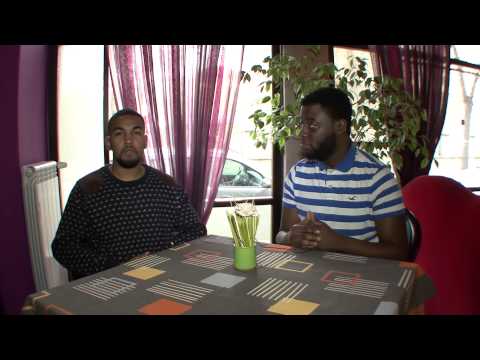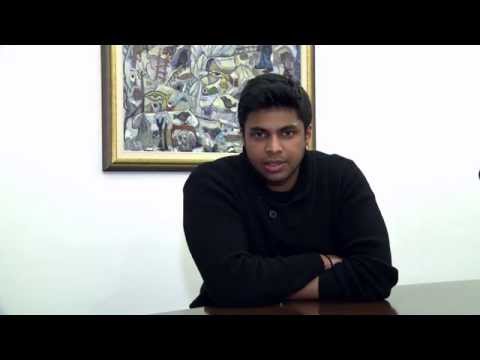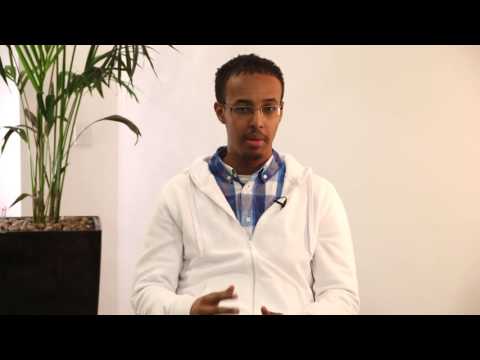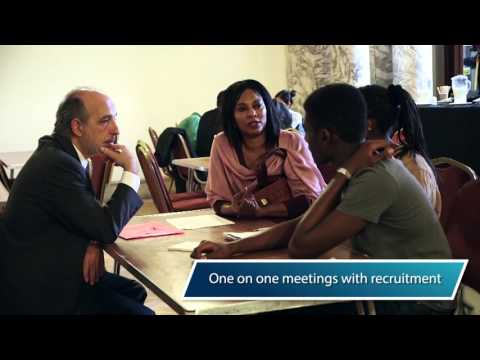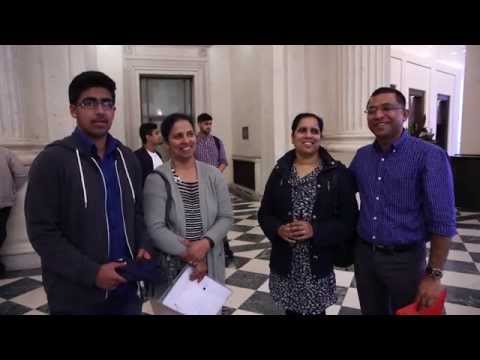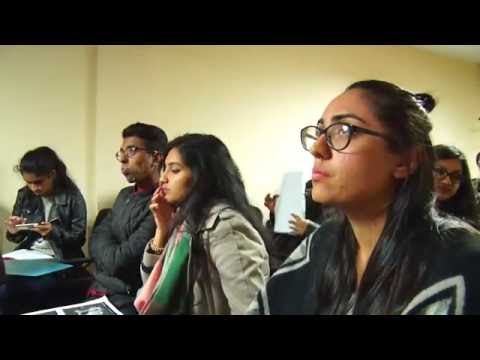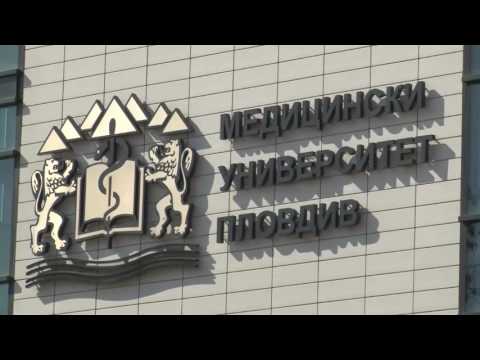Why Study Medicine at Pleven Medical University?
Admission
Exams in Biology & Chemistry
Tuition fees
Medicine: €7,500/year
Undergraduate Entry
Intake
February
Funding
Not Available
Graduate Entry
Not Available
Clinical Rotations
Up to the last 3 years


+Why Choose Pleven Medical University?
- The Pleven Medical University was founded in 1974 and is generally regarded as one of the best institutions in Bulgaria for studying medicine.
- Students who come from non-English speaking countries can do an English language course to prepare for their studies.
- The academic hospital associated with the university boasts state of the art equipment and research facilities.
- 60 highly trained professors and 300 adjunct and assistant professors are employed at the university, many being members of renowned scientific and medical communities worldwide.
- The institution’s library open in 1974 and has already collected over 74,000 volumes of medical bibliographies in both English and Bulgarian.
- The university campus is a welcoming and vibrant place for students and comes with top of the range accommodation on campus.
- It is also home to fantastic sports facilities and has its own soccer pitches, basketball courts, and volleyball courts.
+How is the Medicine course studied?
- The medicine course lasts for six years and is taught in English.
- The first two years of the course focus on pre-clinical study and theory, with the next three focus primarily on clinical study.
- The programme finishes with a year internship prior to graduation during which students are required to take state exams for licensing.
- Summer practical internships are compulsory in years two, three and four of the programme.
- All course work is aligned to European Union requirements.
- When all academic and practical requirements are completed students receive the professional qualification of Physician or Doctor of Medicine (MD) and are awarded a master’s degree.
- Students have the option to continue with their chosen specialisation in Bulgaria or return to their home country or anywhere around the world to continue their practice.
- Thousands of graduates from Bulgarian medical universities have gone on to practice medicine internationally.
+How much does the programme cost?
| Programme | Programme Starts | Annual Fees () |
|---|---|---|
| Medicine | February | 7,500 |
| Living Costs | Monthly () | Annually () |
|---|---|---|
| Rent (private accommodation) | 161–219 | 1,927–2,628 |
| Food | 183 | 1,825 |
| Books | – | 292 |
| Electricity & Gas | 37 | 355 |
| Water | 7 | 73 |
| TV Cable / Internet | 15 | 175 |
| Public Transportation | 15 | 146 |
| Total | 416–475 | 4,803–5,504 |
+Admission to Pleven Medical University, Bulgaria
Applicants should submit the following:
- An application form and a CV.
- A secondary school certificate including results. The certificate should be translated into Bulgarian and authorised at the Bulgarian embassy.
- A medical certificate issued less than one month prior to the application date. This certificate must also be translated and authorised by the Bulgarian embassy.
- A certificate stating that the applicant has the right to pursue education at a higher educational institution in their own country. Again, this will need to translated and confirmed by the embassy.
- Four recently-taken colour photos in passport size.
- Copy of international passport.
+Life in Pleven
- Pleven is the seventh biggest city in Bulgaria with an estimated population of 106,000.
- In the Middle Ages, the region was inhabited by the Slavs and it was at this time (13th century) that the name Pleven was born.
- The events that transpired at Pleven (1877-78) were decisive in the liberation of Bulgaria and Romania from the Ottoman Empire.
- Pleven’s key role during the wars is reflected in some 200 monuments erected in memory of the Russians and Romanians who lost their lives during the siege.
- Pleven is often regarded as a sports centre in Bulgaria with a lot of passion for soccer particularly.
- Pleven was always considered an important strategic location in Bulgaria and this helped to create the modern fast-paced economic development the city enjoys today.
+Life in Bulgaria
- Bulgaria is in the Southeast of Europe and has a population in the region of 7.5 million.
- It is well regarded for its strong industrial and agricultural market economy. Its capital, Sofia, enjoys a thriving economy with a population close to 1.2 million.
- Bulgaria has a rich 2,400-year history and this is reflected in the many monuments, statues, and churches in the country.
- From 1946 to 1990, Bulgaria was under communist influence, but today the country has a system of parliamentary democracy and is a free market economy.
- Bulgaria’s progress was reinforced when they became a member of the EU in January 2007.
- Efforts to modernise the country’s economy and educational system have been the focus in recent times and this is now evident in the blossoming architecture and growing economy.
- This has greatly benefited Bulgarian universities, some of which are counted as the best in Eastern Europe.
- Bulgaria also has a cheaper cost of living than other EU countries making it an extremely popular destination for students from countries in all parts of the world.
- Modern Bulgaria is extremely open country and with an ever-increasing number of students in the area, a vibrant social life is guaranteed.
Watch Our Videos
Real Success StoriesOpen DaysEntry ExamsNetworking Events
Reviews
+ 2022
2022
 2022
2022+ 2021
2021
 2021
2021+ 2020
2020
 2020
2020+ 2019
2019
 2019
2019+ 2018
2018
 2018
2018+ 2017
2017
 2017
2017+ 2016
2016
 2016
2016+ 2015
2015
 2015
2015+ 2014
2014
 2014
2014









